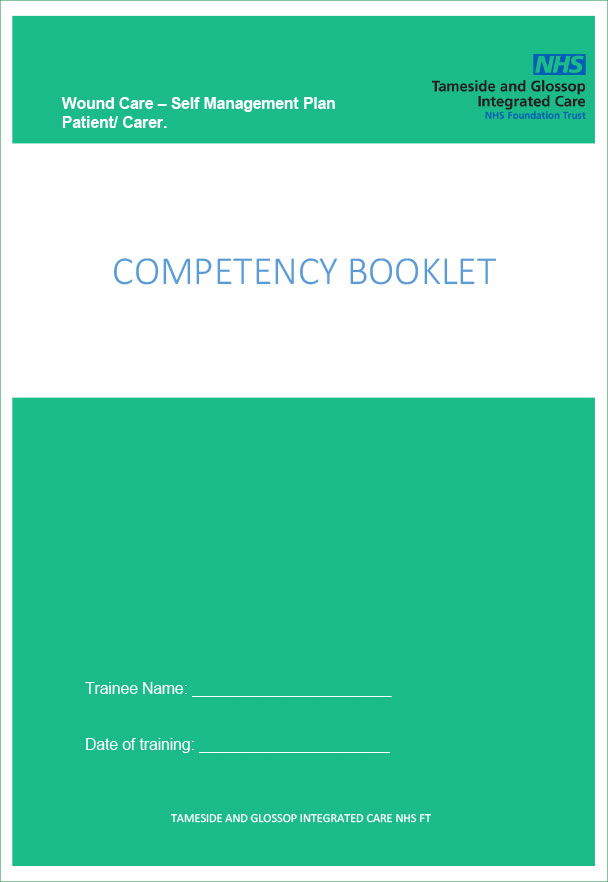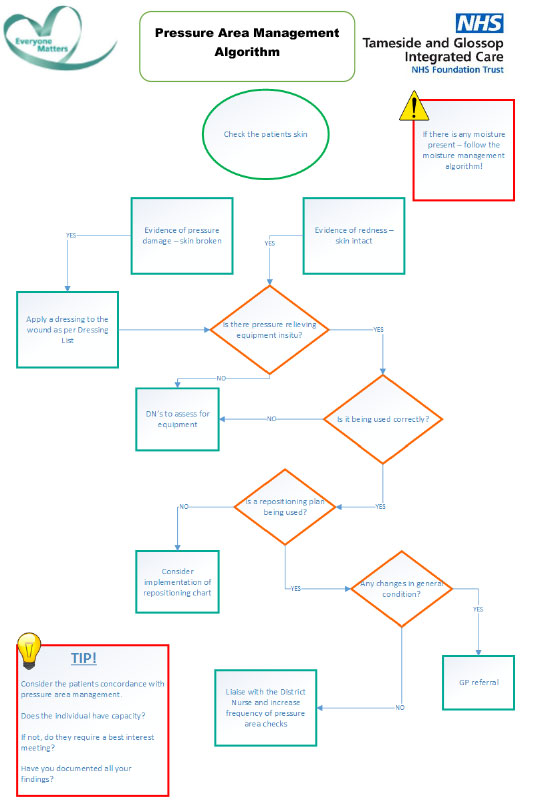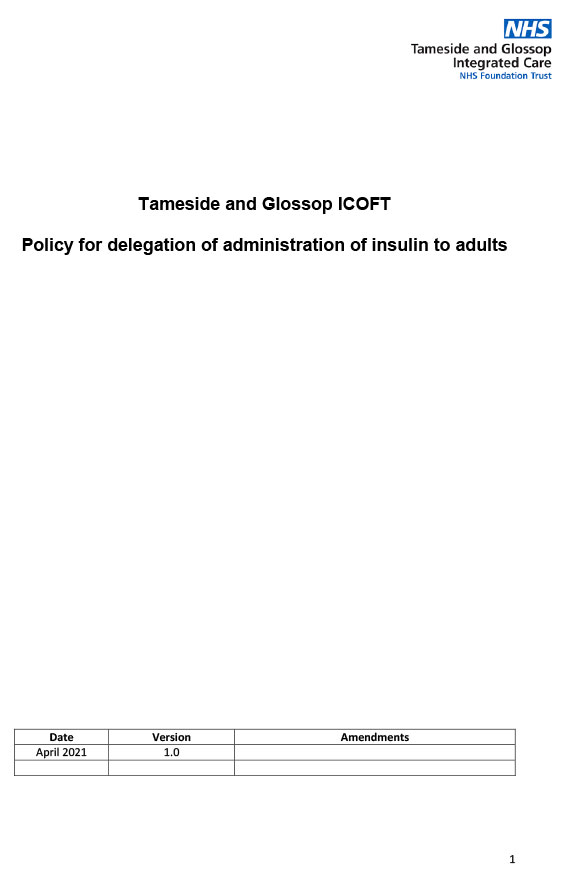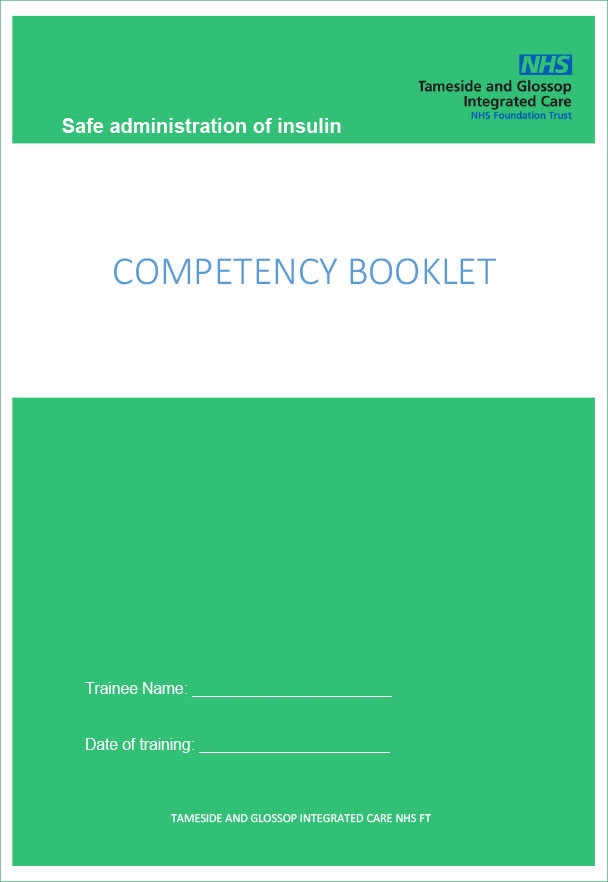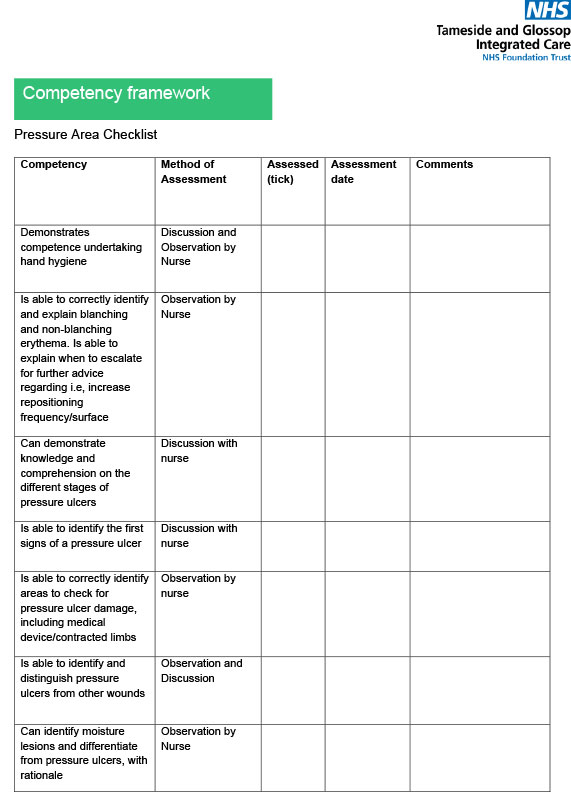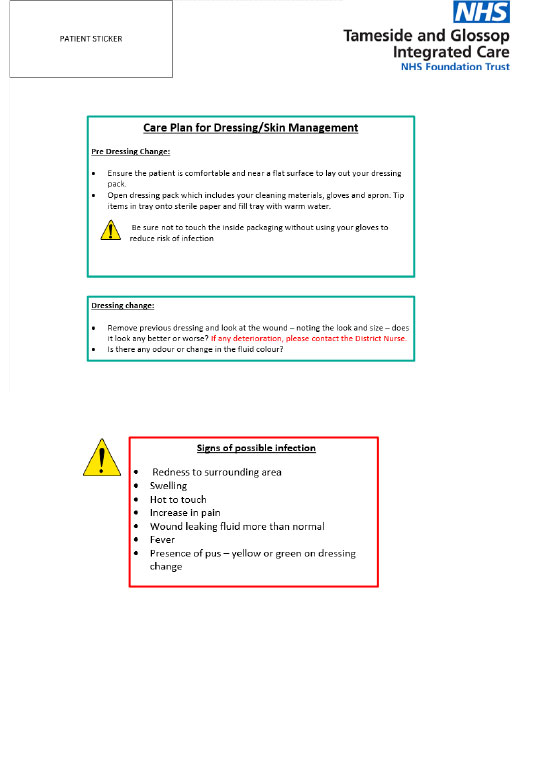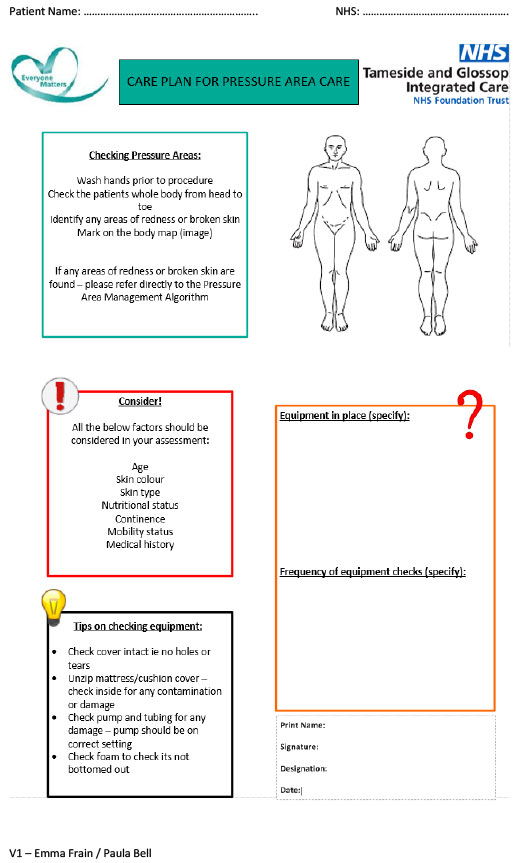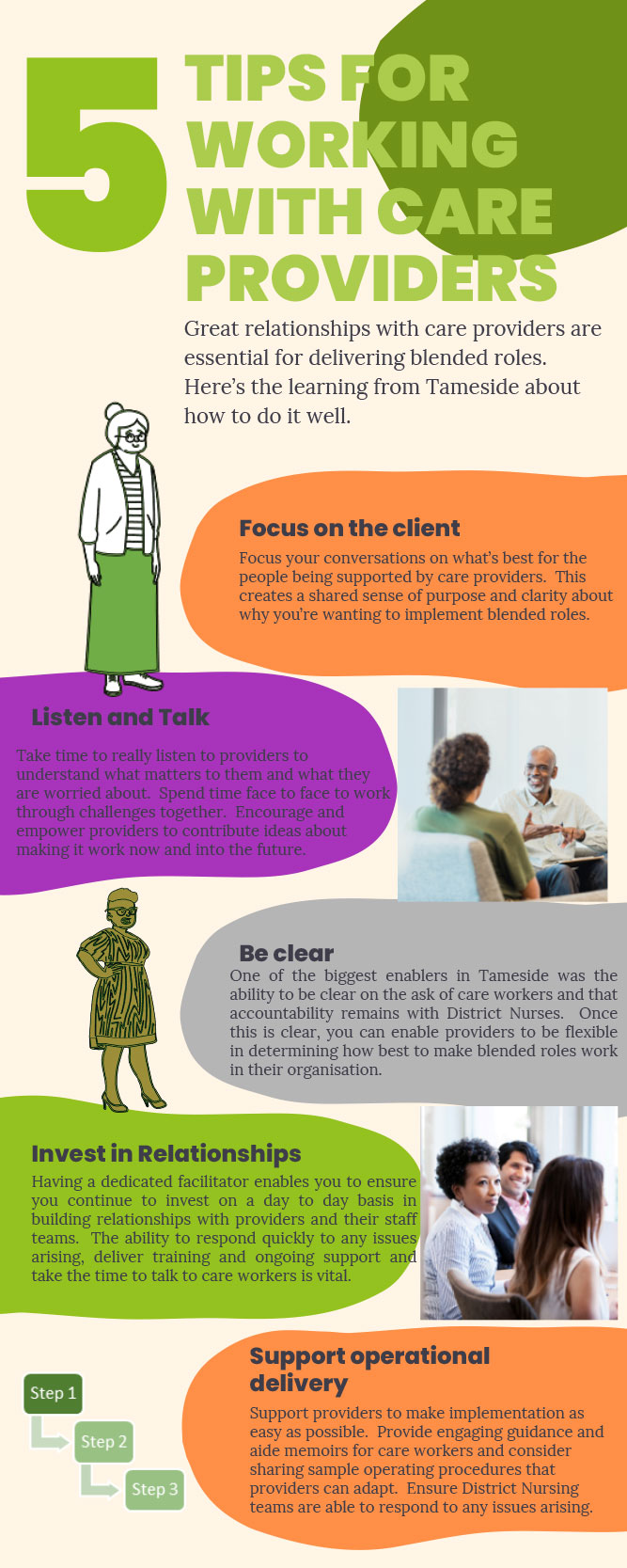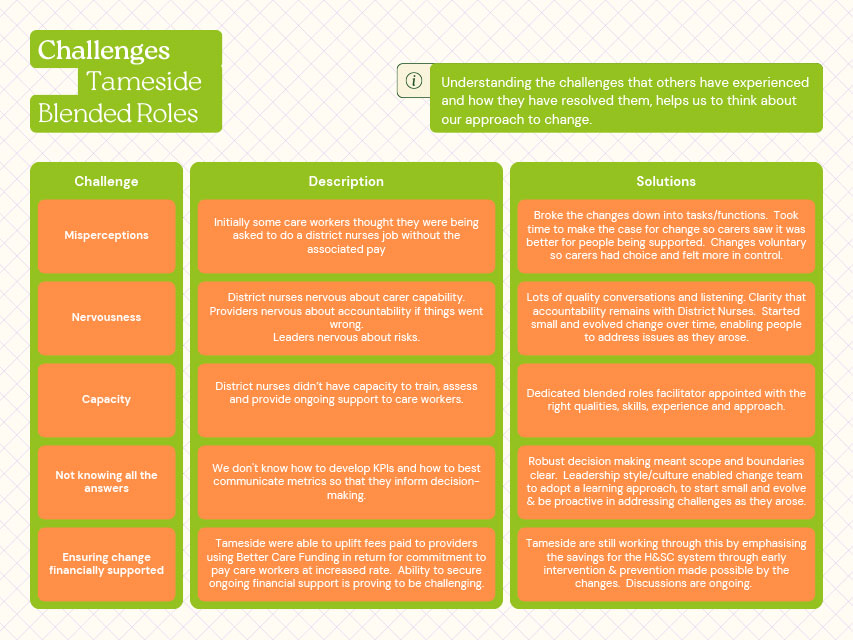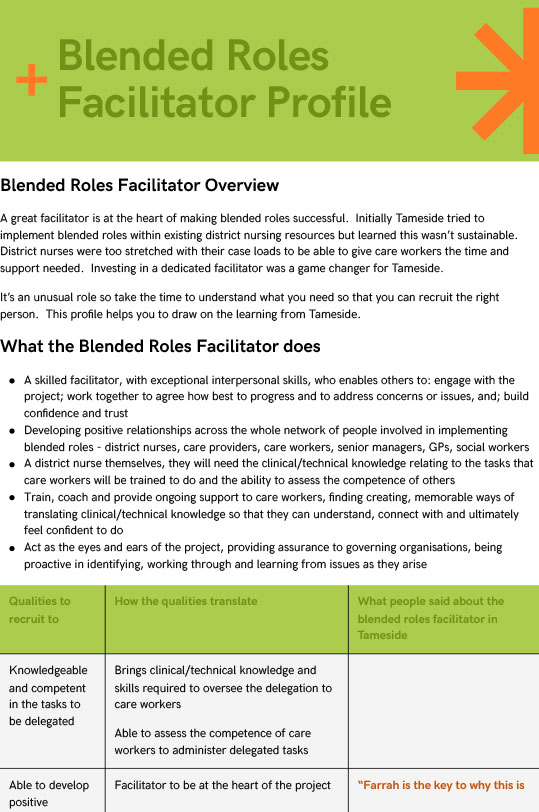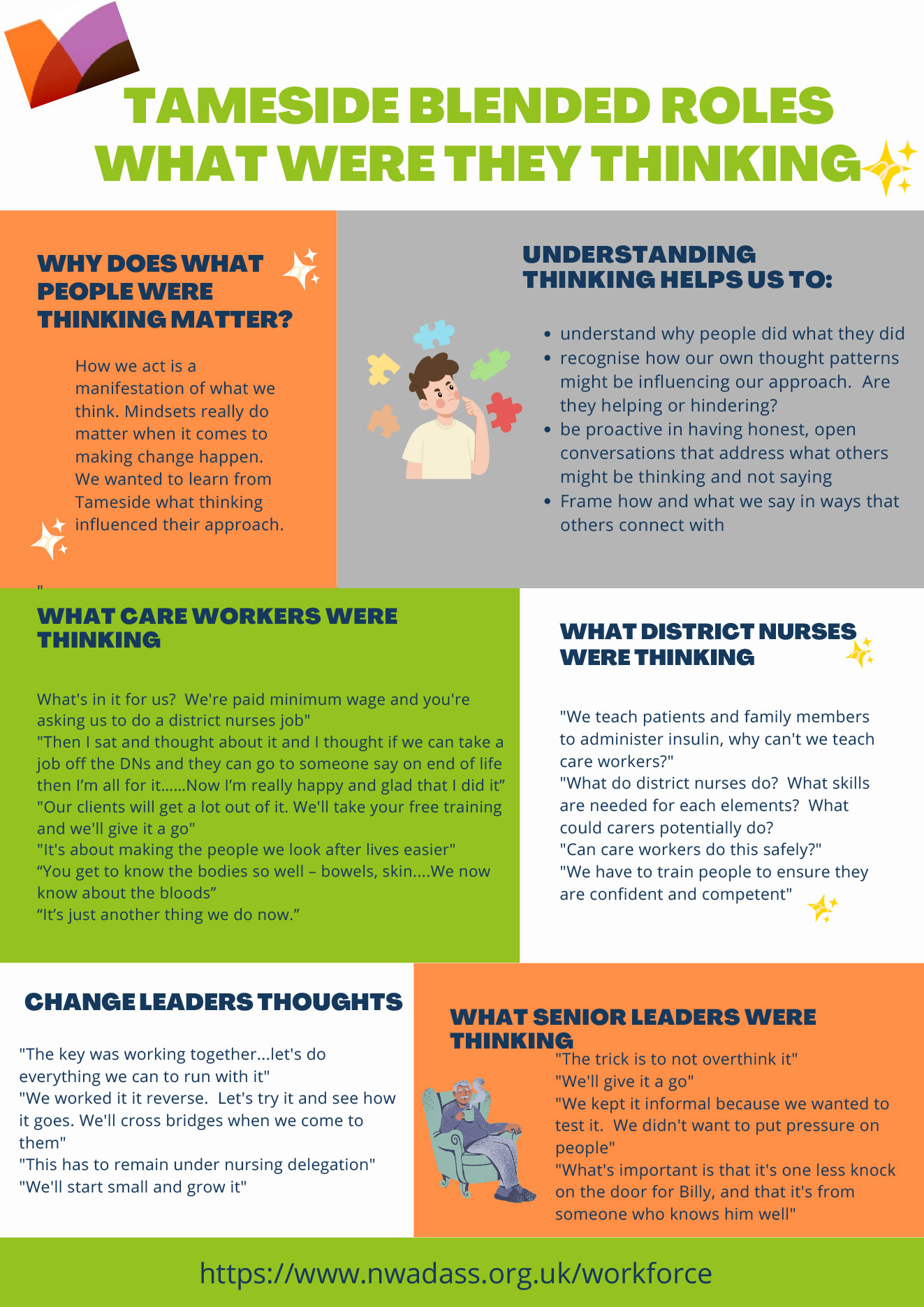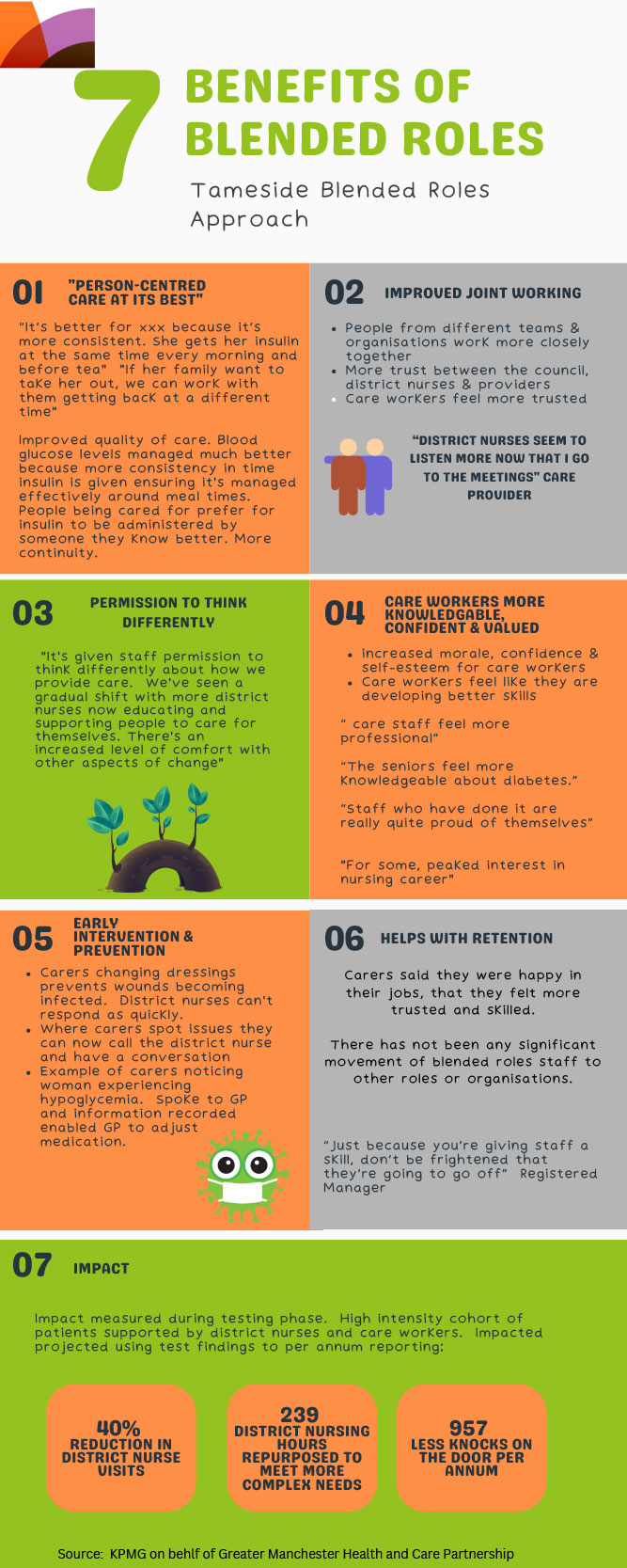Hospital discharge is a critical transition point in the continuum of care for adults. Social workers play a pivotal role in this process, ensuring that patients receive the necessary support and services as they move from hospital to home or another care setting. Their involvement begins early in the hospital stay, where they assess the patient’s needs, coordinate with medical staff, and develop a comprehensive discharge plan.
Social workers address the emotional, social, and practical aspects of discharge planning. They provide advice to patients and families, helping them cope with the stress and anxiety associated with hospitalisation and recovery. They also connect patients with community resources, such as home care services, support groups, and financial assistance programmes, to ensure a smooth transition. Moreover, social workers advocate for peoples’ rights and needs, ensuring that they have access to the appropriate care and services post-discharge. They collaborate with multidisciplinary teams, including doctors, nurses, and therapists, to create a holistic care plan that addresses both medical and psychosocial needs. This comprehensive approach helps prevent readmissions, promotes recovery, and enhances the overall well-being of patients / people.
This webpage aims to provide comprehensive information and resources to help health and care professionals understand the vital role of social work in hospital discharge.
NW ADASS Hospital Discharge Podcasts: Practice into Action
The following podcasts aim to examine the role of the social worker in both a hospital and community setting and help us understand the different skills mix required. Colleagues take a deep dive into some of the key challenges faced and explore What Good looks like from a social work perspective.

Practice into action: part1 Greater Manchester
This podcast, hosted by Helen Boyle, features a discussion with Lisa Smith, Lisa Gary, and Vicki Lioyd from Wigan’s Transfer of Care Hub.They explore the evolution of hospital discharge processes, particulaly during and after the COVID-19 Pandemic. The conversation highlights the challenges faced, the transformation from a health-led to a more balanced social care approach, and the significant improvements in patient outcomes.

Practice into action: part2 Cheshire & Merseyside
Sarah Leigh-Bergin and Dan McCabe from Cheshire East Council discuss their experiences and improvements in hospital discharge processes. They highlight the challenges faced during COVID-19 the shift to a discharge-to-assess model, and the importance of integrated team working key points include the evolution of social work practice the focus, the focus on home-first approches, and the reduction of reliance on bed-based models.

Practice into action: Part3 BCF Support Programme.
This podcast, hosted by Helen Boyle, focuses on the Northwest Hospital discharge work and features insights from Alistair Hyde and David McGuireof the Better Care Fund support programme. They discuss their roles and the importance of integrated team working, data usage, and communication in improving hospital discharge processes. They also highlight the challenges and successes of their discharge to assess (D2A) support offer, emphasizing the importance of reflective practice and person-centered care in achieving better outcomes for patients and carers.

Practice into action: part4 Lancashire & Cumbria
COMING SOON
Home First: NW Collaborative Masterclass
As part of the NW Collaborative series, NW ADASS delivered a 2-hour on-line discharged focussed event “Home First – How Social Care and Social Workers Can Enable Good Strength-Based Hospital Discharge” .
The masterclass brought together professionals from across health and social care to explore the evolving role of social workers in hospital discharge.
Key themes included the importance of integrated, person-centred approaches, the impact of COVID-19 on hospital-based social work, and the shift toward discharge-to-assess models. Carrie Phillips shared research highlighting social workers as vital “bridges” in communication, continuity, and future planning, while Cheshire East and the Northern Care Alliance presented practical innovations and challenges in implementing strength-based, collaborative discharge processes.
The session emphasized the need for clear roles, sustainable funding, and shared leadership to ensure safe, effective, and empowering discharges for individuals.
Top 5 Key messages
- Social Workers Are Essential Bridges in Hospital Discharge
Social workers play a critical role in bridging gaps between health and social care, ensuring person-centred planning, safeguarding rights, and supporting communication between patients, families, and clinical teams.
- COVID-19 Reshaped Hospital Social Work – Not Always for the Better
The pandemic led to a shift away from hospital-based social work, with many teams still not fully reintegrated. This has impacted relationship-building, assessment quality, and continuity of care.
- Discharge to Assess (D2A) Models Have Promise-But Need Proper Resourcing
While D2A can support more appropriate, timely discharges, it risks becoming a bottleneck if not backed by adequate staffing, funding, and social work involvement.
- Integrated, Strength-Based Approaches Improve Outcomes
Case studies from Cheshire East and the Northern Care Alliance show that collaborative, strength-based models-focused on what people can do and want-lead to better, safer discharges and reduce unnecessary care placements.
- Systemic Challenges Require Shared Leadership and Clear Communication
Fragmented funding, blurred roles, and inconsistent expectations across health and social care can undermine discharge planning. Strong leadership, shared goals, and open dialogue are essential for sustainable improvement.
Useful Tools and Resource

Manging transfers of care - A high Impact Change Model.
A practical approach to supporting local health and care systems to manage the individual’s journey amd discharge. It can be used to self- assess how local care and health systems are working now, and to reflect on, and plan for, action they can take to improve flow throughout the year.

Making Discharge to assess work under pressure
Senior Research and Data Analyst for the Better care Fund Support Programme , David Maguire, sets out in this blog the learning from supporting health and care systems to embed discharge to assess.

Trusted Assessor Case Study: Lincolnshire Council
Lincolnshire introduced a care home trusted assessor role, which would not only enable assessments to be carried out more quickly, but would also help to develop relationship and trust across the system.

LGA and ADASS Top Tips
Top tips guidance on implementing a home first approach from hospital

NW ADASS Webinar: Hospital Discharge to Assess Framework
Colleagues from 39 Essex Chambers help us work through some of the practical difficulties that are being experienced acorss the north-west.

DHSC Statutory Guidance
This is statutory guidance intended for NHS bodies….NHS foundation trusts and integrated care boards (ICBs), as well as local authorities and integrated care partnerships (ICPs) in England.

Mapping Hospitals Social Work
The purpose of this review was to provide evidence on the specific role, activities and costs of social work in hospitals and its impact on the quality of life and care of individuals (patients) and carers.

Social Work in NHS Hospitals
Carrie Phillips, University of Sunderland, describes and analyses the current state of social work in acute hospitals and makes important recommendations for policy and practice.

SCIE: Transitions of Care
What are week-managed transitions of care and how do they work?
SCIE has a series of resource, guidance and practical examples to support you.

A Day in the Life of a Hospital Social Worker: Hertfordshire
A good practice Case Study from Hertfordshire County Council

